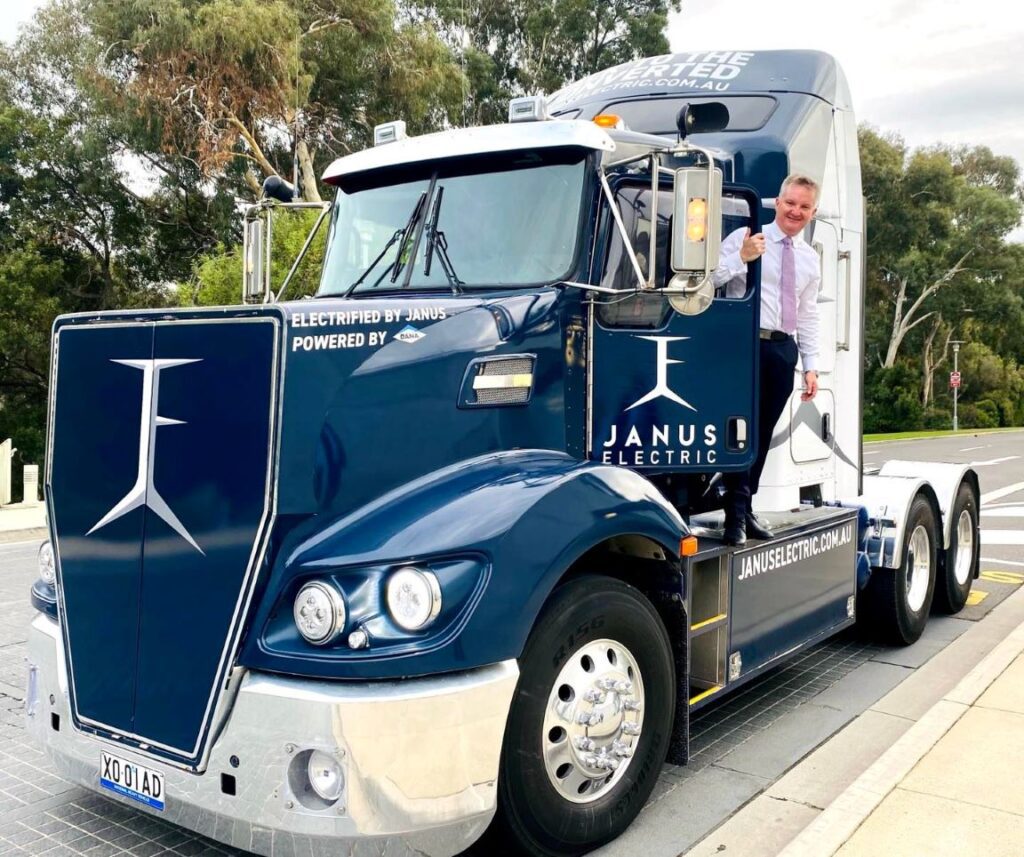
Consultation is now open to shape Australia’s first national electric vehicle strategy, designed to improve the affordability, supply and uptake of electric vehicles.
The Albanese Government is working with states and territory governments, industry, unions and consumers to provide Australians better access to modern road transport technology and ensure infrastructure and industries are ready to support the transition.
Australia is significantly behind when it comes to electric vehicles – only two per cent of new vehicle sales are EVs and our uptake of new low-emissions vehicles is nearly five times lower than the global average.
This means Australians are missing out on the benefits of EVs, which are cleaner and cheaper to run.
Excluding the impact from the pandemic, transport is Australia’s second largest source of national emissions.
Reducing emissions by boosting EV uptake will be critical to Australia reaching net zero by 2050.
Minister for climate change and energy Chris Bowen, pictured on an electric truck, said the EV revolution is advancing under the Albanese Government.
“At the heart of the national strategy will be a plan to improve affordability and choice for consumers by growing the Australian EV market,” Mr Bowen said.
“This is a genuine consultation to inform the right policy settings so we can see more affordable electric vehicles on our roads.
“Right now, Australians miss out on a wider choice of affordable EVs because of our policy settings are outdated. It’s time for Australians to get a fair go when they’re deciding on their next car.”
The market is showing Australians want EVs, but supply is currently constrained. Well-designed national policies will secure affordable zero emissions cars for Australians.
Minister for infrastructure, transport, regional development and local government Catherine King said the consultation will ensure people are heard to make EVs more accessible to Australians.
“Part of the consultation is about the government seeking stakeholder views on vehicle fuel efficiency standards, including their application, design and implementation.
“Our cars are less fuel efficient on average than Europe and the US. Now is the time for Australia to join the rest of the world and electrify our road transport.
“That is why our government is taking this critical step to ensure Australian households and businesses reap the benefits of transport that is fit for the 21st century – being both cheaper to run and lower emitting.”
The consultation paper is seeking views on issues such as:
- making EVs more affordable, encouraging uptake and choice;
- increasing charging infrastructure;
- reducing road transport emissions;
- introducing fuel efficiency standards;
- saving Australians money on fuel;
- increasing local manufacturing.
The consultation paper is available at https://consult.industry.gov.au/national-electric-vehicle-strategy and submissions can be made from now until October 31.

Eric, an important point to consider is the availability of EV chargers in multi level buildings such as residential apartments towers. The Electrical supply capacity needs to be incorporated at the time of building construction; retrofitting will be enormously expensive; hence it needs to be considered now. To that end Liverpool City Council last week approved my motion to incorporate those requirements into Councils’ current Local Environmental Planning regulations (LEP) and Development Control Plans (DCP).
The issue of Electrical supply capacity for a given area also needs careful planning, both Council and the Electrical Supply Authorities need to be looking at this prior to any proposed expansions.
That’s right, Peter, and well done on your initiative. No doubt the introduction of new technologies has always meant re-thinking how we do things.